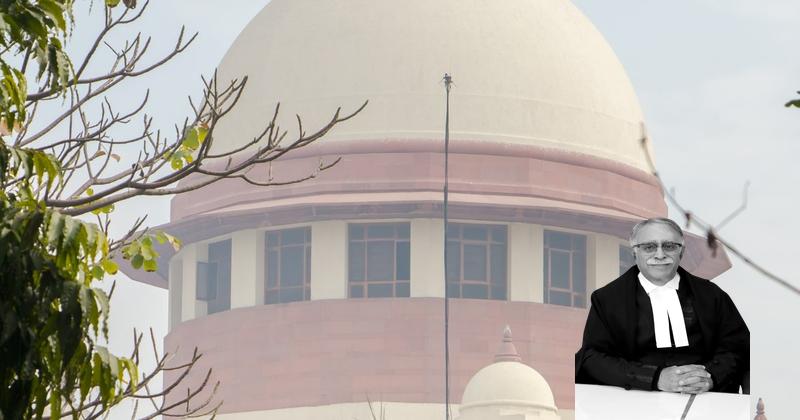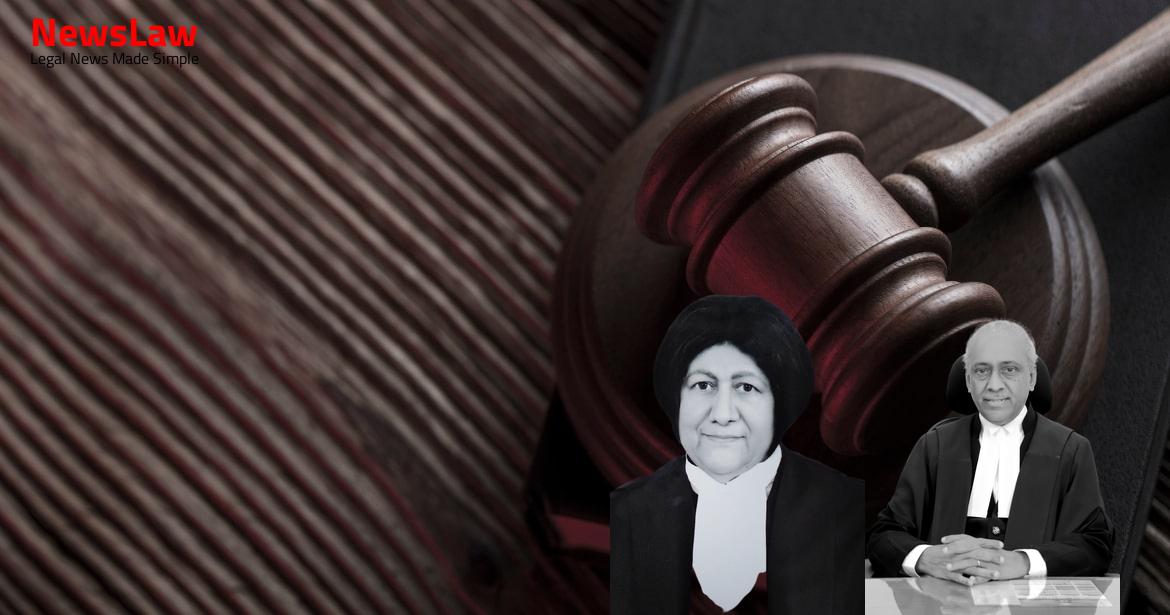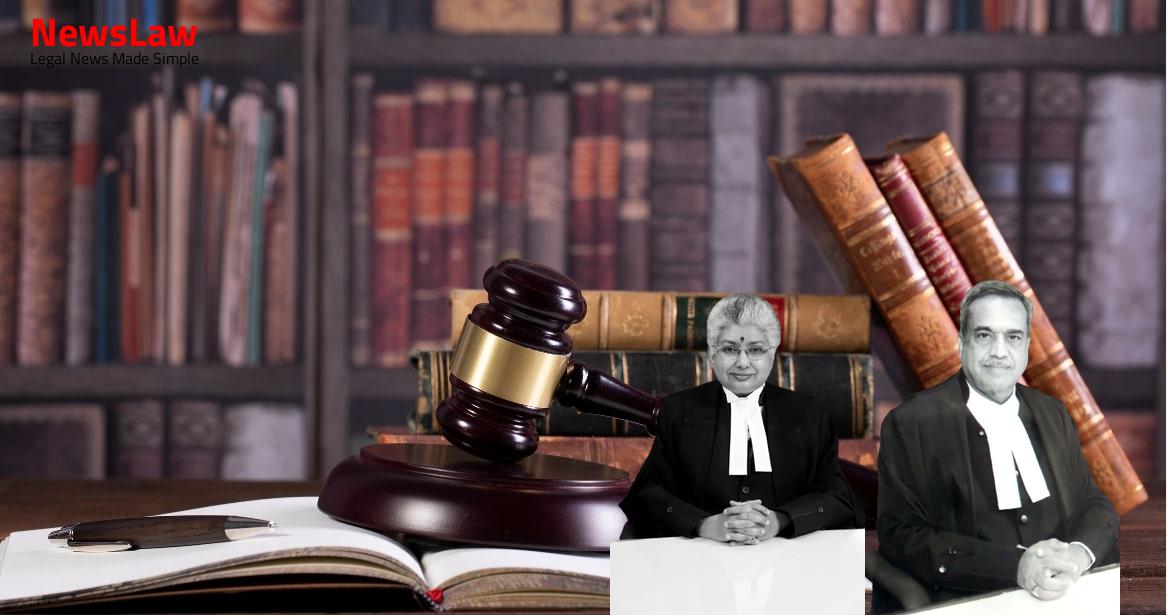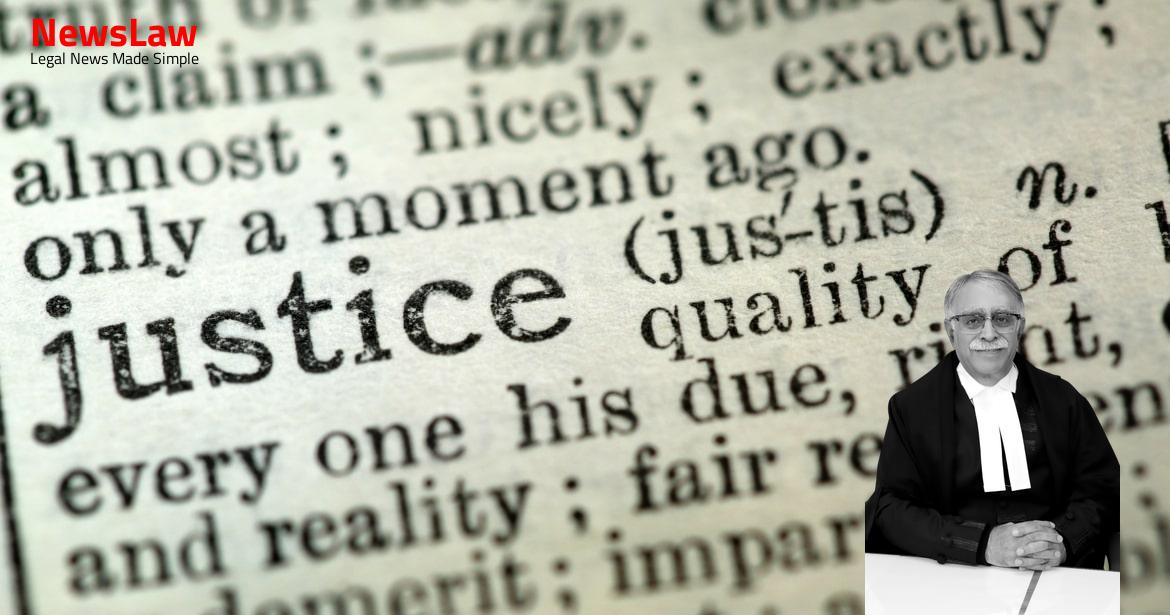Whether the court below, while acquitting all the other co-accused in connection with the same crime, erred in not returning a finding qua the instant appellant – a co-accused – in respect of a charged framed under Section 120-B of the Indian Penal Code, 1860? In pursuance of the said agreement, Pappu Tiwari made available the motorcycle, Pankaj Singh conveyed the information of the deceased having departed from his office, Abhishek Singh carried Sunil Paswan and the weapons as pillion rider on the said motorcycle on the evening of 26.9.2009 at about 7:00 PM, where Sunil Paswan then shot the deceased.
Also Read: https://newslaw.in/supreme-court/differences-between-parties-and-witnesses-in-a-civil-suit/
76/2010, seized of the trial against Sunil Paswan, Maghavendra Pratap Singh @ Pankaj Singh, Akhileshwar Pratap Singh @ Lalit Singh, and Sidkant Tiwari @ Pappu Tiwari; and in Sessions Case 166/2010, Mannu Singh @ Gyanendra Singh @ Manvendra Singh @ Abhishek Singh, Satish Tripathi, and Ganeshdutt Mishra.
by which out of the seven persons named above, one, namely, Akhileshwar Pratap Singh, was acquitted, and others were convicted and sentenced under various provisions of the Indian Penal Code, 1860 and in certain cases under provisions of the Arms Act, 1959. 302/120B, 201(1), 120B IPC Convicted. 5 Gyanendra Singh @ Manvendra Singh @ Abhishek Singh 201(1), 120B IPC imprisonment. The High Court, vide Impugned judgement dated 14.01.2016, acquitted all the accused save and except Maghavendra Pratap Singh @ Pankaj Singh, the present appellant. In the appeal preferred by the convicts (five in number) in terms of the impugned Judgment, the High Court, while acquitting all the other convicts, namely, Satish Tripathi, Ganesh Datt Mishra, Mannu Singh, and Sunil Paswan, has confirmed the conviction and sentence awarded to Pankaj Singh as reproduced above. The Prosecution has duly proved that appellant Madhvendra had killed Gowardhan Agrawal and was also in possession of fire arm and cartridges in contravention of relevant provisions of Arms Act and had caused disappearance of evidence of offence committed by concealing the pistol, cartridges and other articles. It is pertinent to note that the prosecution’s case rests solely on circumstantial evidence, as none was found present at the scene of the incident. State of Maharashtra, (1984) 4 SCC 116 : 1984 SCC (Cri) 487].
A perusal of the testimony of PW-6 unrefutably reveals the witness to have signed documents which were blank, purportedly used by the police to strengthen this case for the commission of the offence. We also notice that PW-7, one of the persons on whom reliance was placed by the courts below, states that he does not know the 9 accused persons and that he had come to know from having perused newspapers that the deceased was murdered. His testimony further reads the complicity of Pankaj Singh in the crime, to be suspected only based on the disclosure statements of co- accused Sunil Paswan (Ex. Further, his statement shows that the accused, Pankaj Singh, was arrested on 22.10.2019 vide memo Ex.
Further, it is also not his version that he was called by any other mode or that the co-accused had brought him to the police station. (4) The time, place of arrest and venue of custody of an arrestee must be notified by the police where the next friend or relative of the arrestee lives outside the district or town through the Legal Aid Organisation in the District and the police station of the area concerned telegraphically within a period of 8 to 12 hours after the arrest.” The record does not reflect that the house from which the recoveries were affected belonged to accused Abhishek Singh.
State of Haryana, 2021 SCC OnLine SC 1184, that “A few bits here and a few bits there on which prosecution relies, cannot be held to be adequate for connecting the accused with the commission of crime of criminal conspiracy.” Keeping this abovesaid principle in view, we believe that the present appellant cannot be convicted of criminal conspiracy under Section 120B, Indian Penal Code, 1860, solely for having concealed the location of the incriminating materials/ articles and, in the absence of any evidence establishing meeting of the minds.
Also Read: https://newslaw.in/supreme-court/high-courts-analysis-on-interference-with-arbitral-awards/
The charge of criminal conspiracy requires meeting of the minds prior to commission of offence, and with four of the five appeals being allowed and only the present appellant being convicted, the basic requirement of the section, that is of two or more persons agreeing to or causing to be done an illegal act or an act which is not per se illegal but it is done by illegal means, is not met. Such a view, in the considered view of this Court, cannot be sustained. Furthermore, there is nothing on the record besides any other scientific evidence linking the accused to the recovered articles. This responsibility is coupled with an equally high degree of ethical rectitude required of an investigating officer or an investigating agency to ensure that the investigations are carried out without any bias and are conducted in all fairness not only to the accused person but also to the victim of any crime, whether the victim is an individual or the State.” Section 172 requires such police officer to maintain a case diary and Section 173 lays down the format and the procedure for the report to be issued by such officer. Successful investigations are based on fidelity, accuracy and sincerity in lawfully searching for the true facts of an event under investigation and on an equal faithfulness, exactness, and probity in reporting the results of an investigation.
New perspectives in investigation bypass reliance upon informers and custodial interrogation and concentrate upon a skilled scanning of the crime scene for physical evidence and a search for as many witnesses as possible. of NCT of Delhi)
, (2011) 10 SCC 192, observed as under while noting the effect of objectionable features and infirmities on criminal investigations: “31.
He has to be fair and conscious so as to rule out any possibility of bias or impartial conduct so that any kind of suspicion to his conduct may be dispelled and the ethical 21 conduct is absolutely essential for investigative professionalism. Inter alia, it 22 is this finding which we find to be erroneous, for the principle of determining the guilt of the accused in a case involving circumstantial evidence is not that of probability but certainty and that all the evidence present should conclusively point towards only a singular hypothesis, which is the guilt of the accused, Pankaj Singh.
Also Read: https://newslaw.in/supreme-court/promotion-policy-for-rank-of-avm-in-indian-air-force/
Interlocutory applications, if any, are disposed of.
Case Title: MAGHAVENDRA PRATAP SINGH @ PANKAJ SINGH Vs. THE STATE OF CHHATTISGARH (2023 INSC 415)
Case Number: Crl.A. No.-000915-000915 / 2016



